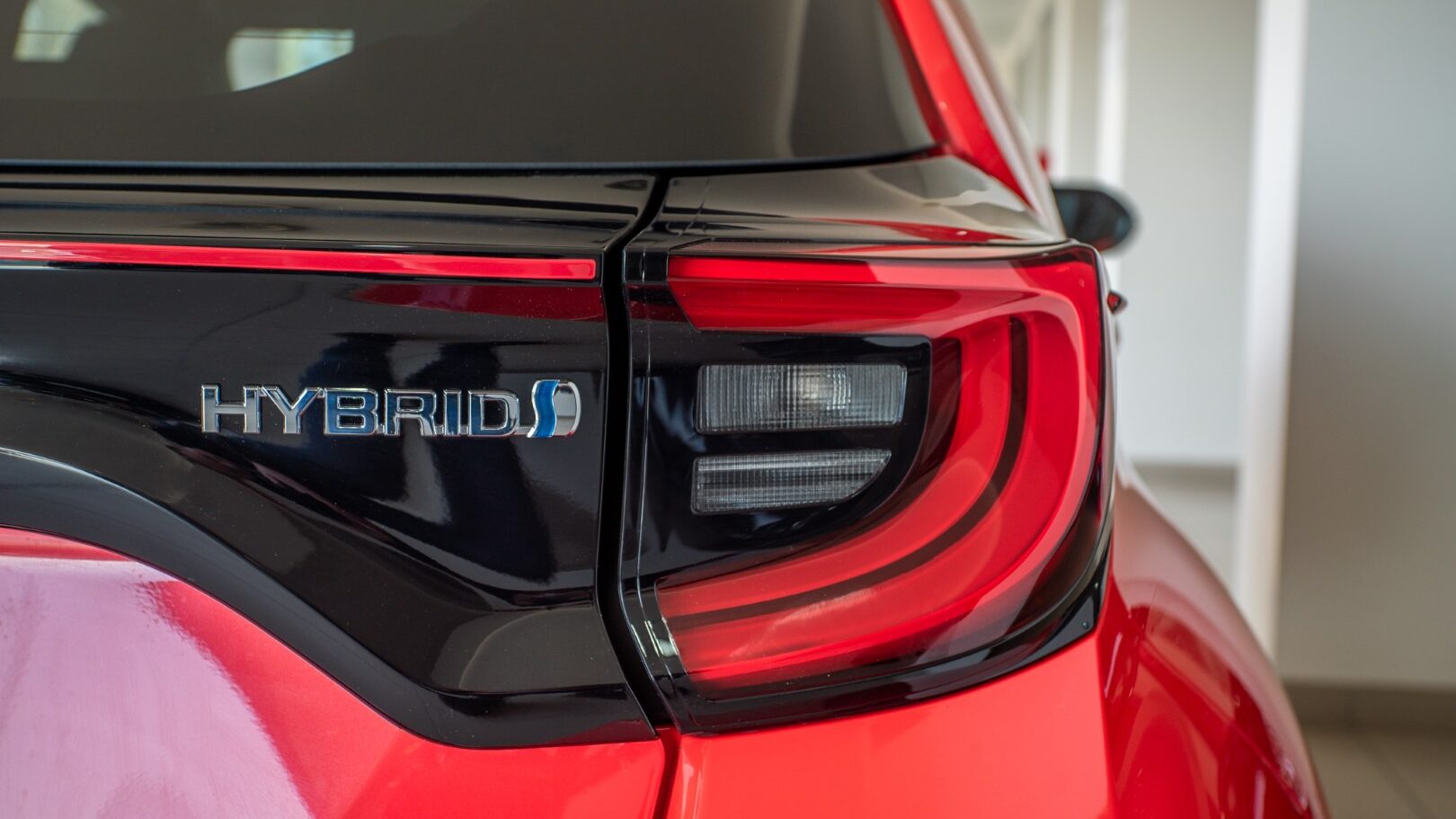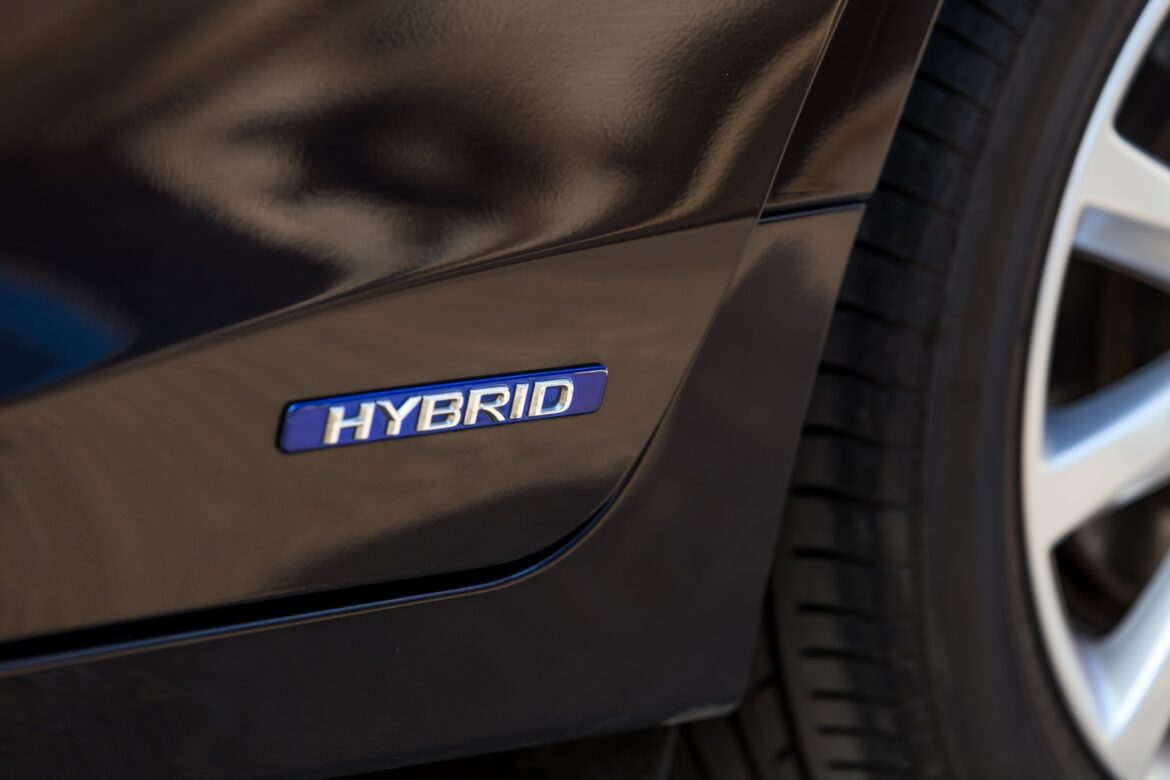In recent years, there has been a growing trend towards more sustainable and environmentally friendly transportation. Hybrid cars have emerged as a popular alternative to traditional gasoline-powered vehicles, offering a range of benefits for both drivers and the environment. In this blog, we will explore the benefits of hybrid cars and why they are becoming increasingly popular.

Fuel Efficiency
One of the primary benefits of hybrid cars is their fuel efficiency. Hybrid cars use a combination of gasoline and electric power to propel the vehicle, allowing them to achieve significantly better gas mileage than traditional gasoline-powered cars. This means that drivers can save money on fuel costs and reduce their carbon footprint at the same time.
Reduced Emissions
Hybrid cars are also better for the environment, emitting fewer harmful pollutants into the air. This is because hybrid cars rely on electric power for a portion of their propulsion, reducing the amount of gasoline that is burned and the emissions that are produced. In addition, many hybrid cars use regenerative braking, which captures energy that would otherwise be lost during braking and converts it into electricity, further reducing emissions.
Tax Incentives
In many countries, hybrid cars are eligible for tax incentives and other benefits. For example, in the United States, buyers of hybrid cars can receive a federal tax credit of up to $7,500, depending on the vehicle’s battery capacity and other factors. Some states also offer additional tax credits or exemptions for hybrid car buyers.
Quiet and Comfortable Ride
Hybrid cars are also known for their quiet and comfortable ride. This is because they use electric power at low speeds, allowing for a smoother and quieter ride than traditional gasoline-powered cars. In addition, many hybrid cars come with advanced features such as regenerative braking, which provides a smoother and more responsive braking experience.
Improved Resale Value
Hybrid cars also tend to have better resale value than traditional gasoline-powered cars. This is because they are seen as more environmentally-friendly and fuel-efficient, making them more desirable to buyers. In addition, many hybrid cars are well-built and reliable, which also contributes to their higher resale value.
Lower Maintenance Costs
Hybrid cars also tend to have lower maintenance costs than traditional gasoline-powered cars. This is because hybrid cars have fewer moving parts than traditional cars, reducing the likelihood of mechanical failure. In addition, many hybrid cars come with longer warranties and require less frequent oil changes and other maintenance tasks.

Reduced Dependence on Fossil Fuels
Hybrid cars also help to reduce our dependence on fossil fuels. By relying on electric power for a portion of their propulsion, hybrid cars reduce the amount of gasoline that is burned, reducing our reliance on oil and other fossil fuels. This not only helps to reduce our carbon footprint, but also helps to reduce our vulnerability to oil price shocks and other disruptions.
Conclusion
Hybrid cars offer a range of benefits for both drivers and the environment, making them an increasingly popular choice for those looking for a more sustainable and fuel-efficient mode of transportation. From reduced fuel costs and emissions to tax incentives and improved resale value, there are many reasons why hybrid cars are a smart choice for anyone looking to reduce their environmental impact and save money on fuel costs. As technology continues to improve, we can expect hybrid cars to become even more popular and widely adopted in the years to come.

